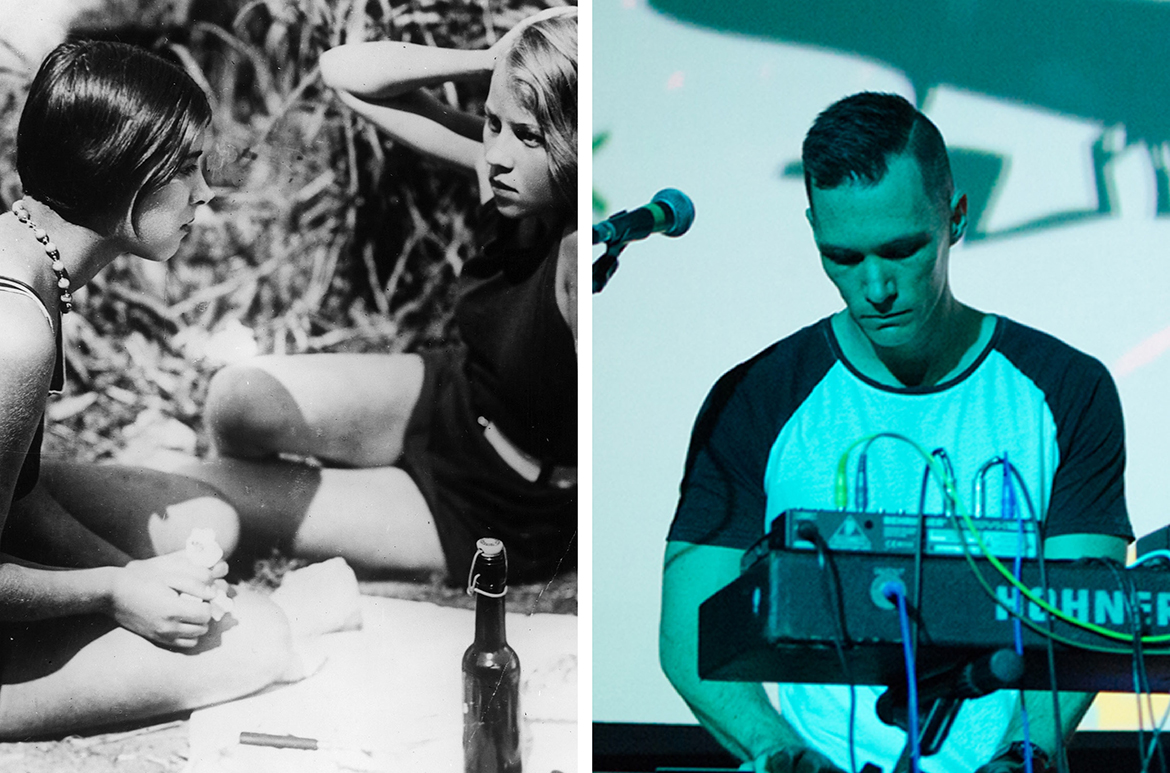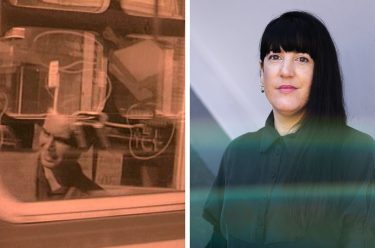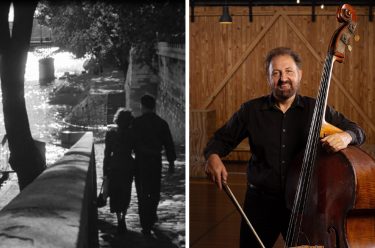For our fifth City Symphony Live Music & Film event on Sunday 18 June, we’re going to Germany in 1930. The film Menschen am Sonntag (People on Sunday) 1930 charts a Sunday in the lives of four young people from the metropolis Berlin — the city is characterised as a vibrant and sophisticated, yet dirty and confining, counterpoint to the freedom found in the countryside. The four characters escape from their rigid city lives and travel to the countryside armed with bathing suits, picnics and record players in search of frivolity.
Get tickets to City Symphony Live Music & Film series
Australian Cinémathèque, GOMA
Sunday 18 June
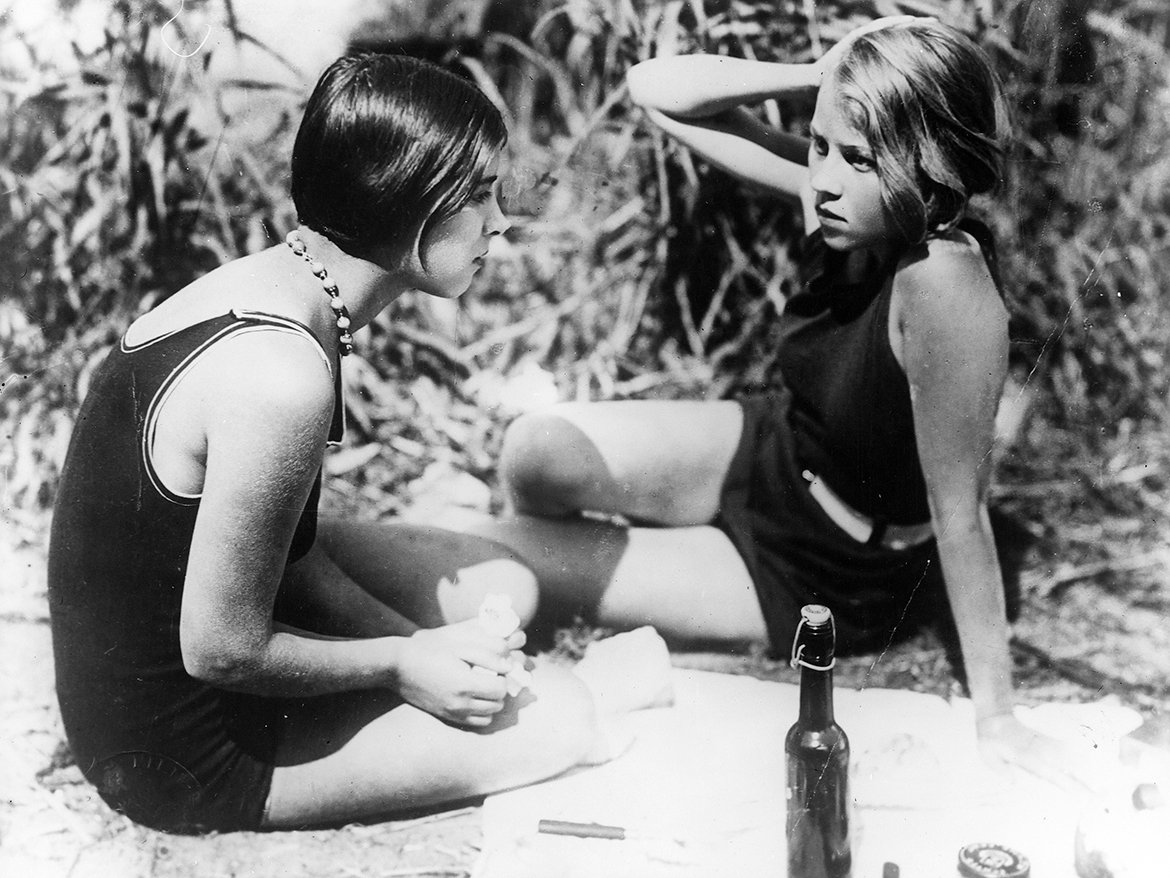
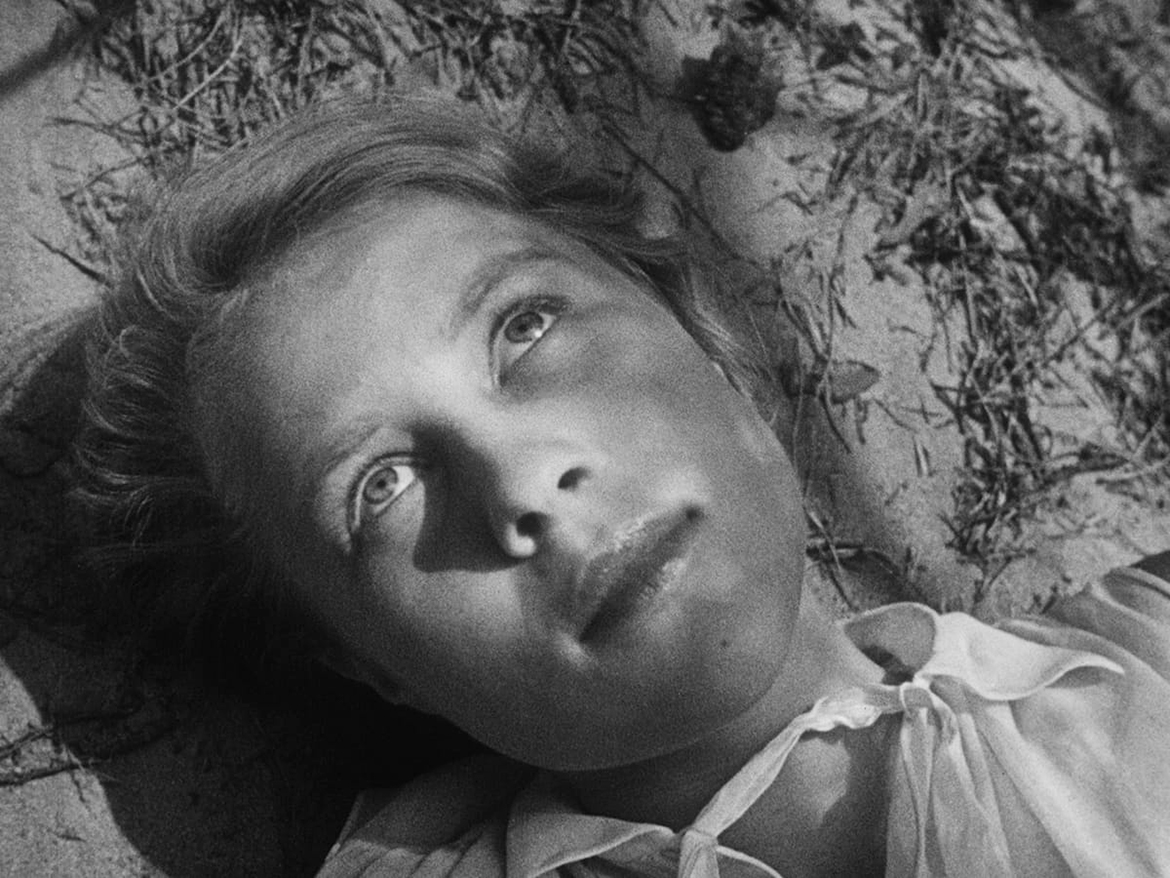
People on Sunday is an astonishing first film by several filmmakers on the rise who were soon to become Berlin exiles and move to Hollywood, including Robert Siodmak, Billy Wilder, Fred Zinnemann, Eugen Schüfftan, and Edgar Ulmer. A meld of documentary and fiction styles that became a hit, the film is full of sunlight and is a witty view of how the working class spends its leisure time, swimming, snoozing, and flirting.
The screening of People on Sunday will feature dark ambient music by experimental electronic musician Timothy Fairless who has released two albums, a soundtrack and has collaborated for theatre, television and virtual reality performances. We asked Timothy about his approach to crafting his unique live score and what we can expect when he plays live on stage.
Rosie Hays / The film you’ll accompany is ‘People on Sunday’. What were your impressions of the film. Were there any moments that struck you?
Timothy Fairless / People on Sunday took me by surprise! Being a seemingly undefinable blend of documentary and scripted story, I wasn’t sure what to expect. But peppered amongst sequences depicting the life of Berliners, there’s a really linear narrative. What struck me the most were a few scenes demanding a sense of tension from my contemporary vantage that seem at odds with the film’s billing as a bit of a light-hearted look at life during inter-war Berlin. No spoilers, but there are some complicated relationships going on, that’s for sure!
RH / When we approach musicians to craft a live musical score for a film, we often describe the process as an act of collaboration. We ask the musician to think of the film or the filmmaker as a collaborator as you would if you were making music with someone else. Have you collaborated with another artist before or made music for a collaborative performance? I’d love if you could describe what you’ve done in the past and how the film influenced you when crafting the score.
TF / Collaboration has been a big part of my practice. I’ve worked with filmmakers, other musicians, and visual artists. I’ve even worked on site-specific sound and visual installations where I’ve viewed the environment or space as a collaborator, in that I allow it to influence the work I’m making in it. Recently, I’ve had an ongoing collaboration with visual artist Henri van Noordenburg, who makes images by scraping away ink on paper with various knives and abrasive objects. It’s a visceral, audible thing. In our performance, we create a loop where I take a feed of the sound of him working, manipulate it based on his rhythms, and he and the audience hears the result. This affects the direction of Henri’s work, and the cycle repeats.
Viewing the film as the instigator of a collaboration meant deciding which sonic textures I could craft that capture the intention of the filmmakers, but how I could use these to create an appropriate modern response for the audience.
RH / Where did you start when thinking about what the sound would be for the film?
TF / For People on Sunday, the environment and population of Berlin and its surrounds become a bit of a character in itself. So I definitely considered how I can evoke that sense in the score, whilst still paying attention to the emotional hooks in the story. I wanted to respond to the sense of pace, with depictions of machine-like regularity of weekday life contrasting with the languid speed of Sunday.
RH / I’d love to hear what style of music you’ll play, what instruments you’ll use and what the audience should expect from your performance.
TF / My work is ambient and immersive, and usually a little dark. For People on Sunday though, I’m illuminating most of those dark spots to make something expansive and beautiful.
I was fortunate to visit Berlin last year, and made field recordings in some of the city locations depicted in the film. These recordings will be woven into the sound in some subtle and not-so-subtle ways, using processing techniques I’ve developed over the years. In addition to synthesizers and piano, bowed acoustic guitar forms a key textural component. It has a cello-like quality, but sounds a bit brittle and very organic.
For more information about the films and the musicians see our event listing for Live Music & Film: People on Sunday.
Rosie Hays is Associate Curator, Australian Cinémathèque, QAGOMA
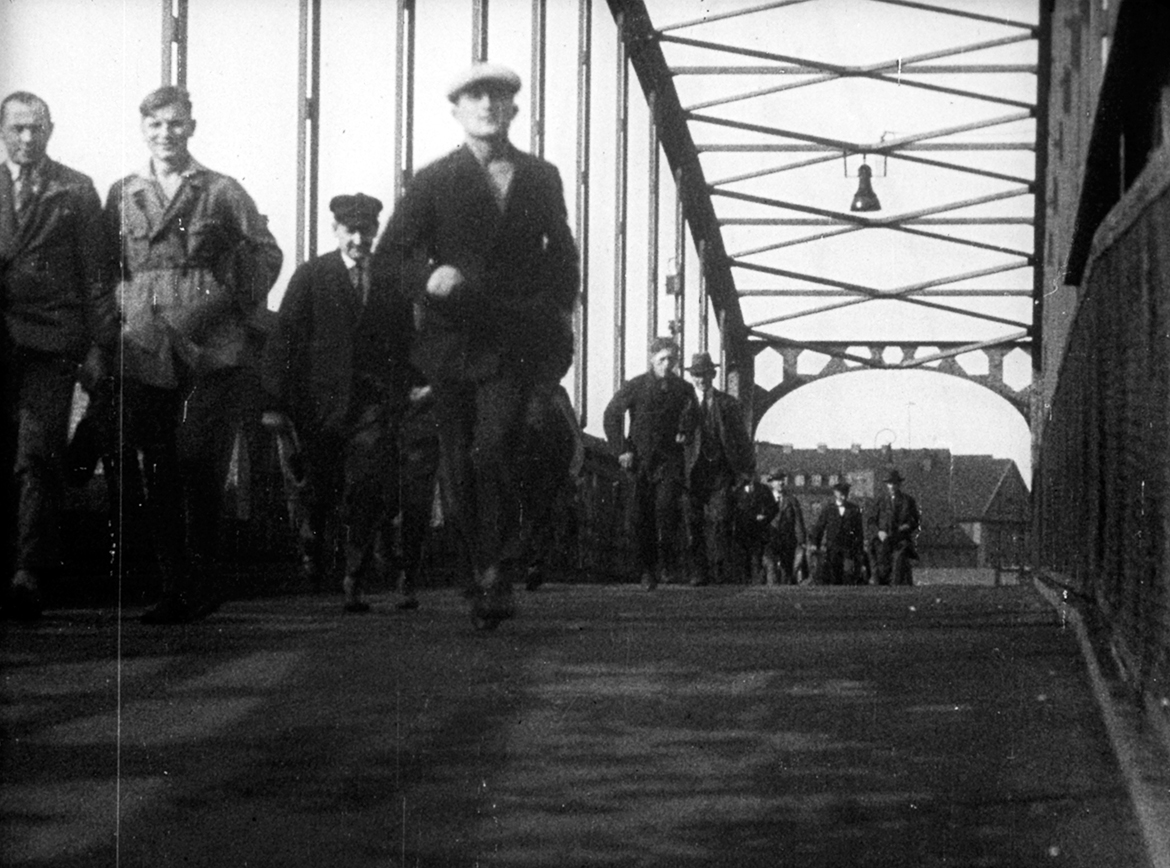
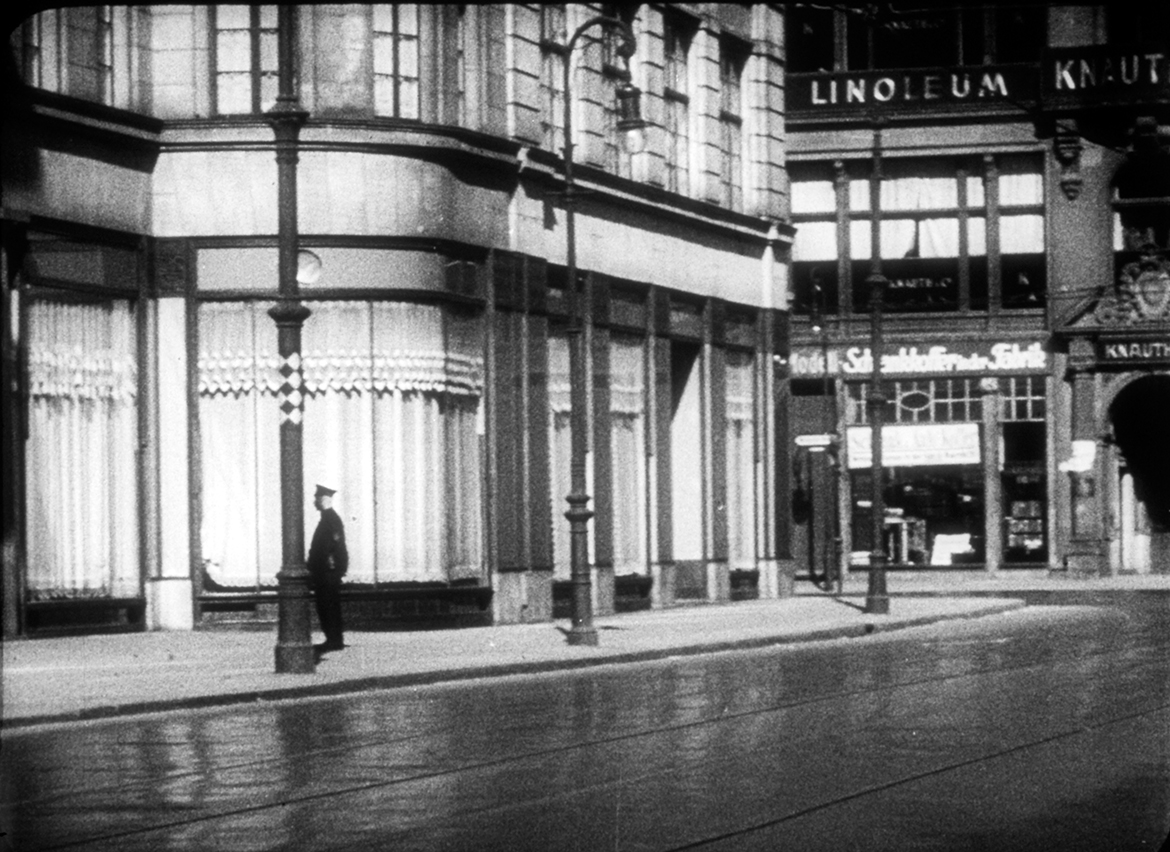
Upcoming live music & film
Live Music & Film: People on Sunday 1930
Live Music & Film: The Poetic Cities of Joris Ivens 1929
Live Music & Film: Calcutta 1969
Live Music & Film: Berlin, Symphony of a Great City 1927
Live Music & Film: Nothing But Time 1921–2012
Live Music & Film: Man With a Movie Camera (with violin) 1929
City Symphony special ticket offer
See the full series and save! Buy 5 to 9 tickets and receive a 10% discount. Buy 10 tickets and receive a 20% discount. Get tickets
The Australian Cinémathèque
The Queensland Art Gallery | Gallery of Modern Art (QAGOMA) is the only Australian art gallery with purpose-built facilities dedicated to film and the moving image. The Australian Cinémathèque at GOMA provides an ongoing program of film and video that you’re unlikely to see elsewhere, offering a rich and diverse experience of the moving image, showcasing the work of influential filmmakers and international cinema, rare 35mm prints, recent restorations and silent films with live musical accompaniment by local musicians or on the Gallery’s Wurlitzer organ originally installed in Brisbane’s Regent Theatre in November 1929.
Featured image: (left) Production still from People on Sunday 1930; Dir: Robert Siodmak, Edgar G. Ulmer; Image courtesy: Praesens Film / (right) Timothy Fairless; Photograph: © The artist
#QAGOMA
